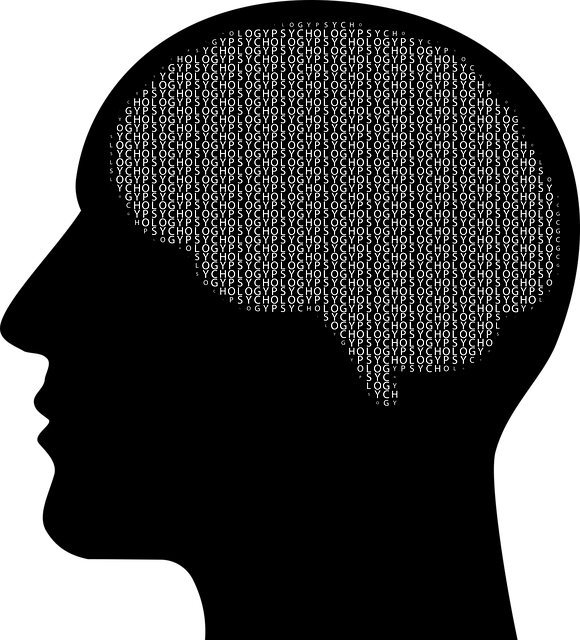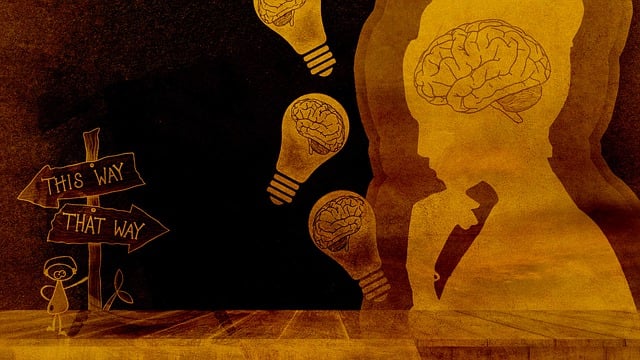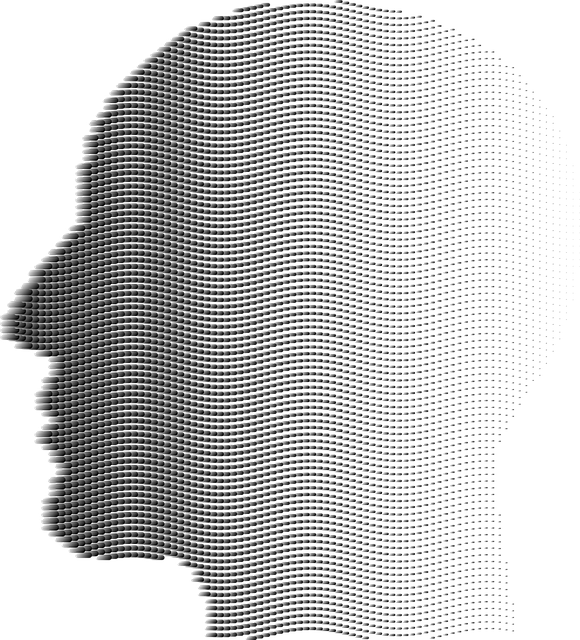Centennial Christian Counseling Therapy addresses the growing need for accessible mental health support with innovative self-assessment tools. These tools empower individuals through introspection, early issue identification, and proactive measures using effective communication strategies. The comprehensive assessment captures emotional states like anxiety, depression, and stress while promoting personal growth. User-friendly features adapt to diverse backgrounds, fostering self-care. AI-driven guidance, digital interfaces, and community outreach programs enhance accessibility. Centennial Christian Counseling Therapy's rigorous self-assessment tools, combined with Emotional Intelligence and Compassion Cultivation Practices, prioritize understanding emotional states for impactful mental wellness coaching.
Mental wellness self-assessment tools play a crucial role in empowering individuals to take charge of their mental health. As recognized by organizations like Centennial Christian Counseling Therapy, these tools offer valuable insights into one’s emotional well-being, enabling early intervention and proactive management. This article explores the development of comprehensive self-assessment tools, from understanding the importance of mental wellness to designing effective questionnaires, integrating technology with digital platforms and mobile apps, and implementing successful strategies at Centennial Christian Counseling Therapy.
- Understanding Mental Wellness and the Need for Self-Assessment
- Identifying Key Components of a Comprehensive Self-Assessment Tool
- Designing Effective Questionnaires and Evaluation Methods
- Integrating Technology: Digital Platforms and Mobile Applications
- Testing, Implementation, and Continuous Improvement at Centennial Christian Counseling Therapy
Understanding Mental Wellness and the Need for Self-Assessment

Mental wellness, a holistic concept encompassing emotional, psychological, and social well-being, is integral to leading a fulfilling life. At Centennial Christian Counseling Therapy, we recognize that mental health issues, such as anxiety, depression, and stress, are prevalent in today’s fast-paced world. This has underscored the critical need for accessible tools like self-assessment programs.
Self-assessment plays a pivotal role in Mental Wellness Coaching Programs Development by enabling individuals to take an active role in their mental wellness journey. By providing platforms for introspection and evaluation, these tools empower people to identify potential issues early on, fostering proactive measures to enhance well-being. Effective communication strategies incorporated within these assessments facilitate self-reflection, encouraging open dialogue about often-taboo topics like mental health struggles. This shift towards proactive care can significantly mitigate risks associated with untreated conditions, such as depression prevention.
Identifying Key Components of a Comprehensive Self-Assessment Tool

When developing a self-assessment tool for mental wellness at Centennial Christian Counseling Therapy, the first step is to identify the key components that will accurately capture an individual’s emotional and psychological state. A comprehensive tool should assess various aspects of mental health, including but not limited to anxiety, depression, stress levels, and social functioning. Incorporating sections on self-awareness, coping mechanisms, and personal growth goals can provide a holistic view of an individual’s mental wellness journey.
The tool should also be designed with accessibility in mind, ensuring it is user-friendly and adaptable for different age groups and backgrounds. Consider including a mix of self-report questionnaires, interactive exercises, and reflective prompts to cater to diverse learning styles. By integrating these elements, the Mental Wellness Podcast Series Production can create an effective assessment that fosters introspection, empowers individuals to take charge of their mental health, and guides them towards tailored strategies for inner strength development.
Designing Effective Questionnaires and Evaluation Methods

Designing effective questionnaires and evaluation methods is a cornerstone of developing robust self-assessment tools for mental wellness. At Centennial Christian Counseling Therapy, we recognize that these tools must be both comprehensive and user-friendly to accurately gauge an individual’s emotional state and provide actionable insights. A well-crafted questionnaire should include a mix of open-ended and closed-ended questions tailored to various aspects of mental health, such as mood, stress levels, and coping mechanisms.
Incorporating self-care practices and mental wellness journaling exercises guidance can enhance these assessments by offering personalized recommendations. For instance, if an individual expresses heightened anxiety through their responses, the tool could suggest specific relaxation techniques or mindfulness exercises to aid in Anxiety Relief. This iterative process ensures that the assessment tools not only evaluate but also guide users towards healthier Self-Care Practices, fostering continuous growth and improved mental wellness.
Integrating Technology: Digital Platforms and Mobile Applications

In the digital age, integrating technology into mental wellness self-assessment tools has emerged as a powerful approach, offering accessible and innovative solutions for individuals seeking support. Centennial Christian Counseling Therapy recognizes this shift, leveraging digital platforms and mobile applications to enhance traditional counseling methods. These online resources cater to modern lifestyles, providing convenient access to assessment tools from the comfort of one’s home or on the go.
Through well-designed apps, users can engage in various activities such as Mental Wellness Journaling Exercises, guided by AI-driven guidance systems that offer personalized recommendations. The Community Outreach Program Implementation within these platforms facilitates peer support and fosters a sense of belonging, mirroring the benefits of in-person groups. Additionally, Mental Wellness Coaching Programs Development is streamlined through digital interfaces, making professional coaching more accessible to those who might otherwise face barriers to traditional therapy.
Testing, Implementation, and Continuous Improvement at Centennial Christian Counseling Therapy

At Centennial Christian Counseling Therapy, a significant aspect of our approach to mental wellness involves rigorous testing and implementation of self-assessment tools. We believe that understanding an individual’s emotional state is crucial for developing effective treatment plans. Therefore, we employ advanced methods to assess clients’ mental health, with a focus on the integration of Emotional Intelligence principles. By integrating these insights into therapeutic practices, our counselors can tailor interventions to suit specific needs, fostering better outcomes.
Our implementation strategy involves training sessions that educate both staff and clients on utilizing self-assessment tools effectively. This includes teaching clients how to recognize their emotional patterns and triggers, which is a key component of Self-Care Routine Development for Better Mental Health. Additionally, we incorporate Compassion Cultivation Practices into our therapy sessions, fostering an environment of understanding and empathy. Through continuous evaluation and feedback mechanisms, Centennial Christian Counseling Therapy ensures that its tools remain relevant and impactful, continually improving the overall mental wellness journey of each client.
The development of mental wellness self-assessment tools, as demonstrated by the successful implementation at Centennial Christian Counseling Therapy, is a vital step towards promoting individual well-being. By integrating comprehensive assessment methods and leveraging technology, these tools enable individuals to gain valuable insights into their mental health. This article has outlined essential components for creating effective self-assessment processes, from understanding key psychological indicators to designing user-friendly questionnaires. With ongoing refinement through testing and feedback, these tools can become powerful resources, empowering people to take charge of their mental wellness journey.














